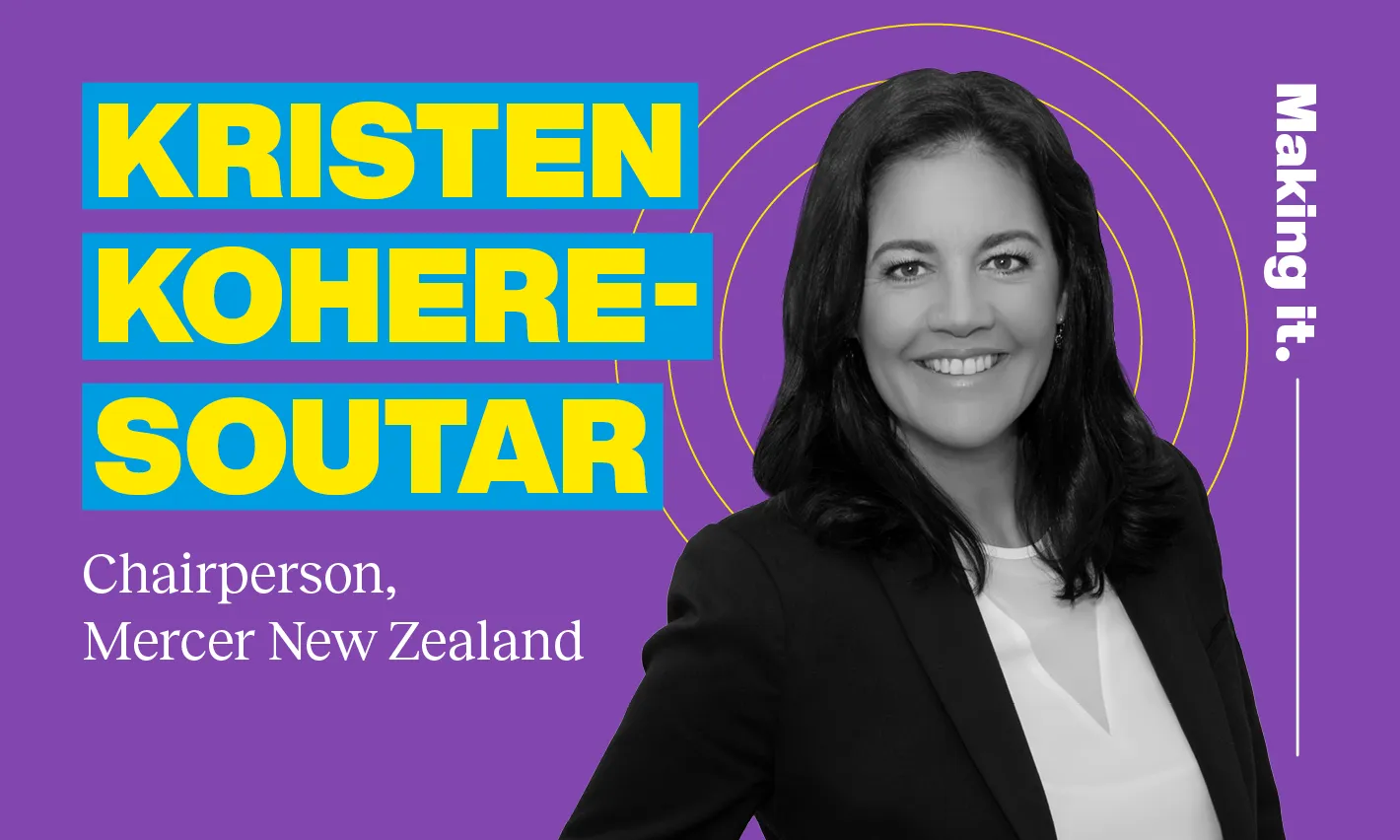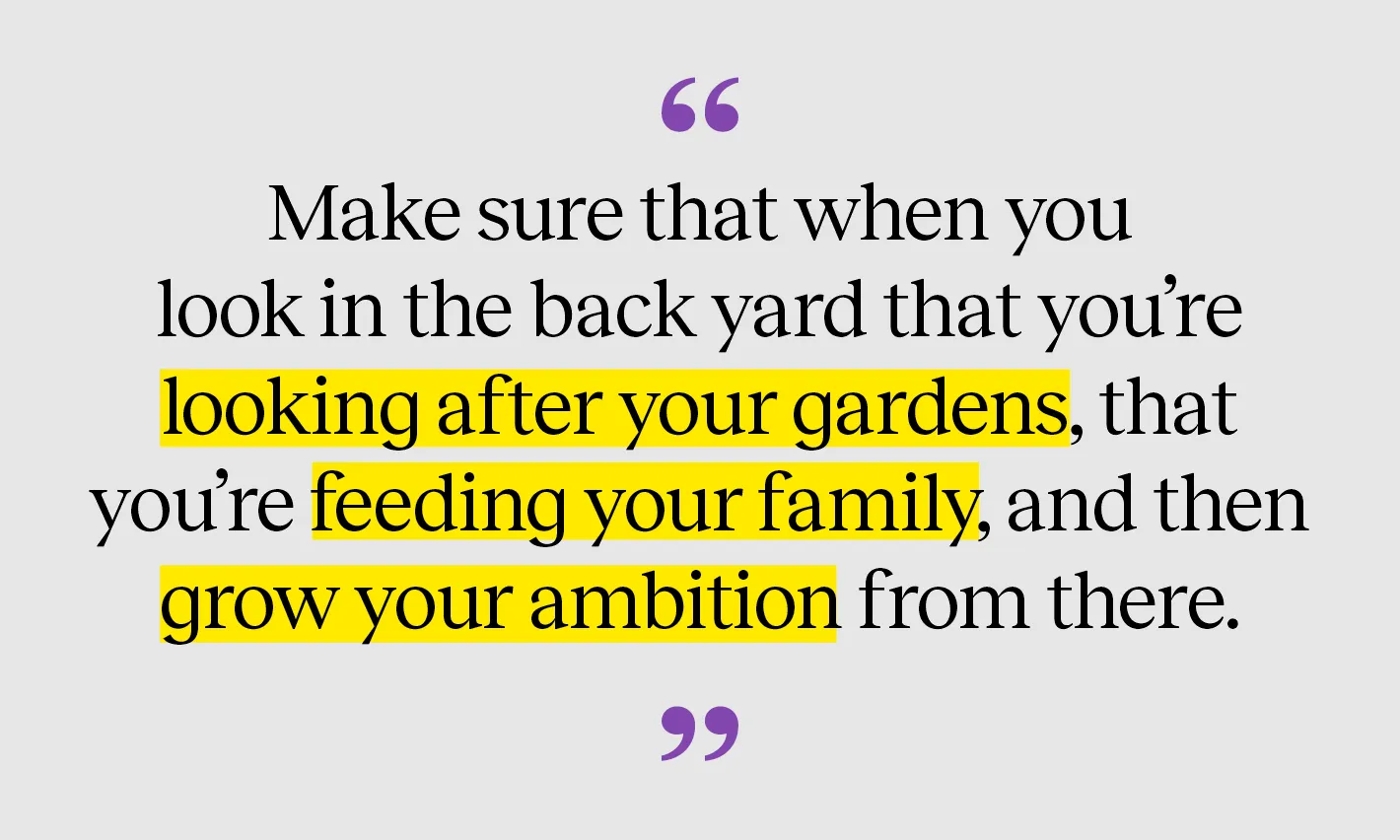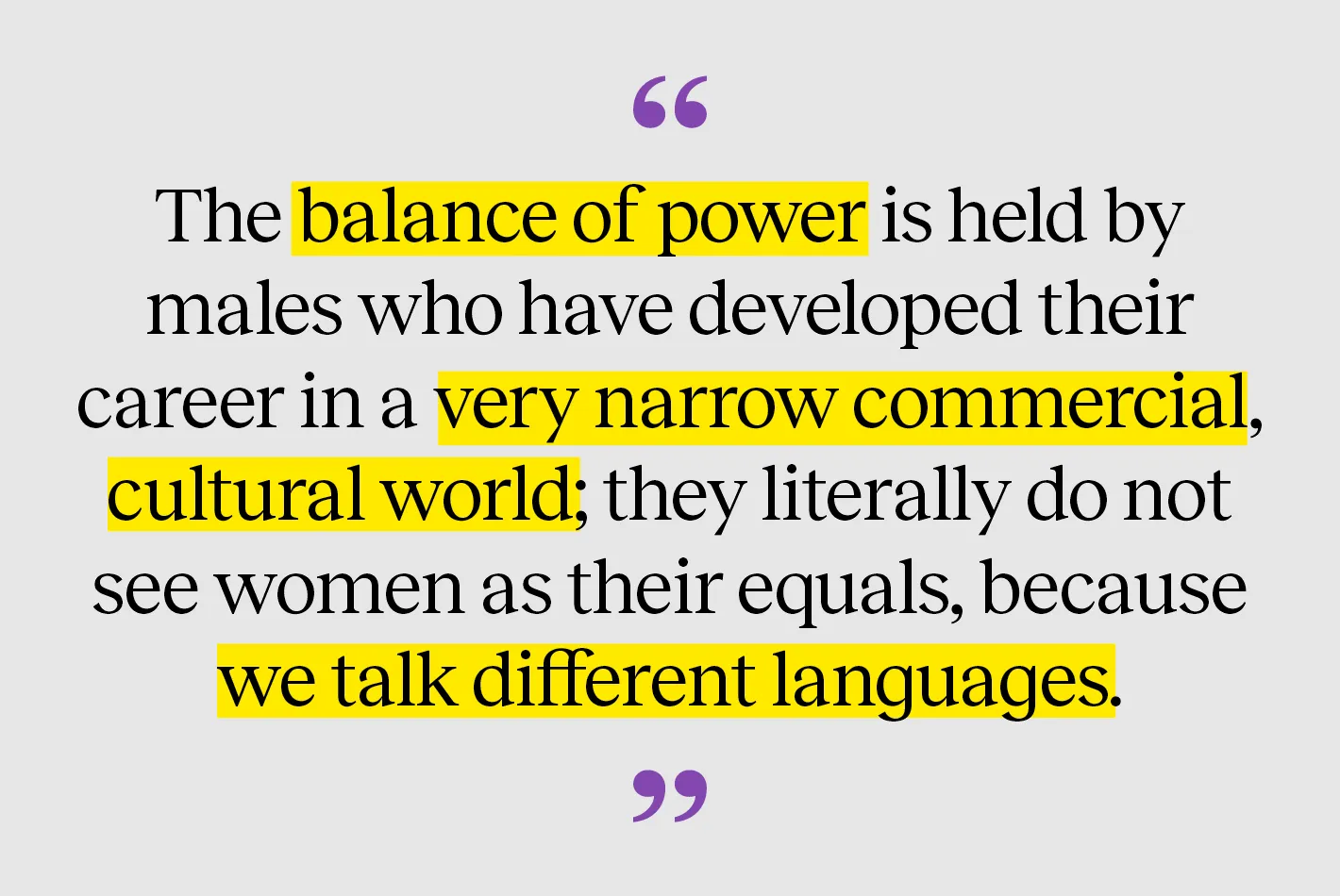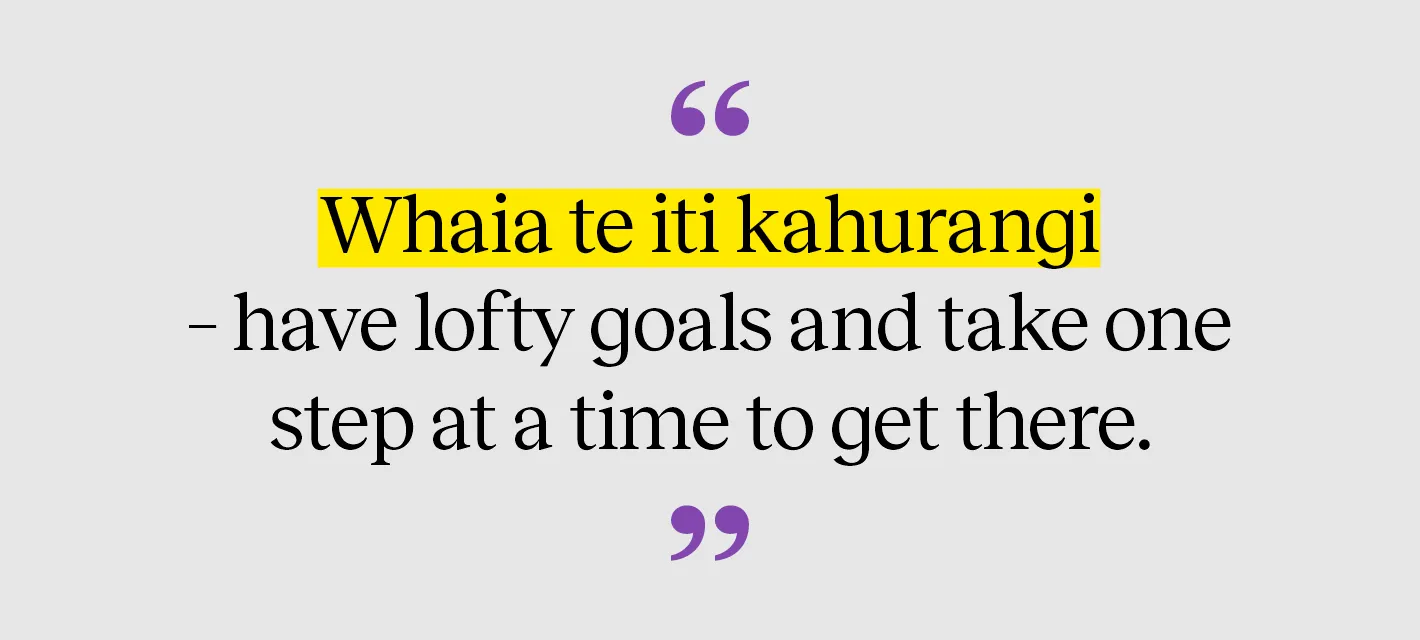
Meet the wāhine Māori tackling the historically male world of finance
Many women see the world of finance as a scary place. Kristen Kohere-Soutar, chairperson of the board of Mercer New Zealand, set out to create change in the sector for Māori. Now, she wants all wāhine to set and achieve their loftiest goals.
Raised on her whenua in Ngāti Porou by two teacher parents, Kristen Kohere-Soutar (Kai Tahu, Ngāti Porou, Rongowhakaata) was always connected to her taha Māori. Now the board chair at Mercer, life may look a fair bit different from the whenua she grew up in, but Kohere-Soutar still attributes her success to the values she was raised with; looking after the land, and its people.
From the early days as a young lawyer in the 90s, to the governance positions she's held at iwi and now at Mercer, Kohere-Soutar has stayed aligned with those values, and that's maybe why she's been so successful in her career.
"I think our foundations, what our whānau gifts us, what we inherit, and the values that we inherit are everything to do with what you perceive you can achieve in your lifetime, and what you want to achieve," she says.

Kohere-Soutar says her goals were always, first and foremost, to provide for her whānau. To any wāhine out there wanting to start on their financial journey, she says it's important that the foundation of being able to provide for you and yours is the first step.
"Make sure that when you look in the back yard that you're looking after your gardens, that you're feeding your family, and then grow your ambition from there. There's no point pursuing a footprint in finance if you haven't got the value base right in your own life and your pathway isn't established for taking care of yourself."
After leaving school, Kohere-Soutar decided to create her foundations at university, studying Māori studies and history, and a Bachelor of Laws. When she exited university, in the 90s, she said it was a unique time for Māori lawyers, with economic and legal systems changing to bring in more understanding and practice of the Treaty.
But among that changing landscape, Kohere-Soutar found the law wasn't a sector she felt passionate about.
"It was too methodical, too conservative, too constrained. I had a vision that beyond settlement was post-settlement. I thoroughly believed Māori needed to have their own asset base to be able to be truly independent and not rely on anyone… I thought I would focus my career pretty early on to see what the needs were in the future for our people."
And that shift led her into finance.
For many women, and Māori women in particular, the finance sector seems a too big, scary, male-dominated beast to try and grapple with. New Zealand women tend to have lower financial literacy than male counterparts, and Kohere-Soutar says the sector often isn't kind to women, who can tend to prioritise other things over financial gain.

"The balance of power is held by males who have developed their career in a very narrow commercial, cultural world; they literally do not see women as their equals, because we talk different languages. We come in and we're talking about 'how do we look after people?' not 'what is the bottom line?'," she says.
The good news is that many funds, like those at Mercer, now take into account the environmental, social and governance [ESG] values of the companies they invest in, meaning there's no need for women to have to compromise their values anymore.
Finance wasn't a world Kohere-Soutar always felt comfortable in. "It was a steep learning curve for years," she says. Appointed to her first governance role at Foundation North, a $1.2b philanthropic fund, in the early 2000s, she was very much at the deep end, and was a lot younger than most of the people in similar positions. But her broad educational and career background provided a good foundation with which to build her skill set in the financial world, she says.
Stepping into the chairperson's role at Mercer New Zealand in 2020 was the natural progression for Kohere-Soutar after over two years on the board, and many more in governance positions elsewhere.
It's that learning to walk between two worlds – te ao Māori and the world of finance and governance – that has been such an effective tool in Kohere-Soutar's career. She says many women are left behind because they're never taught to balance those two spheres, or that it's even an option.
"There is a lag in the transmission of the know-how in a capitalist society to women, and in the case of Māori women, the lack of alignment to that language. Not only are you alienated from it, but you may not actually want to be there because the cost to you, in terms of your own values, is too high."
To the wāhine who want to own their financial futures, her advice is to set big goals.

"Whaia te iti kahurangi – have lofty goals and take one step at a time to get there. Keep focused on what your goals are and whatever your objective is, make it a lofty one because even if you fall short, you will be a lot further up the track than if you hadn't set that goal in the first place."
In her own life, Kohere-Soutar's goals have changed since the beginning of her career. With financial security taken care of, she now wants to give back to the communities that have helped her. Wāhine Māori, her iwi and the whenua and whānau from which she grew.
"Our whānau need to be able to support more people to be able to live on our whenua. Sheep and beef farming has seen a mass exodus of people leaving the district and with that has been a loss of culture, language and connection. I want to give back to my tīpuna and our whenua and that's a lot of work, so having time to do that and make sure that what we hand on to my children, and my mokopuna when I have them, is a thriving example of modern Māori on their whenua."
The above article is general information and does not purport to give financial advice. The Mercer KiwiSaver scheme and Mercer FlexiSaver are issued by Mercer (N.Z.) Limited. Product Disclosure Statements are available free of charge at seatatthetable.co.nz.

